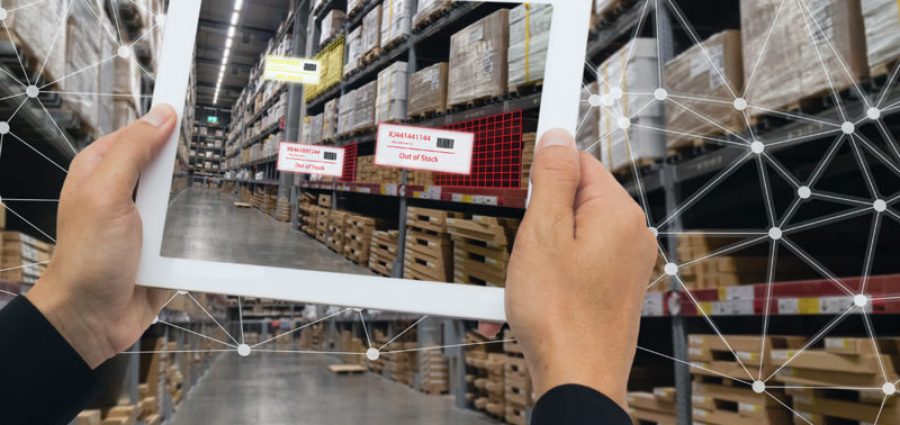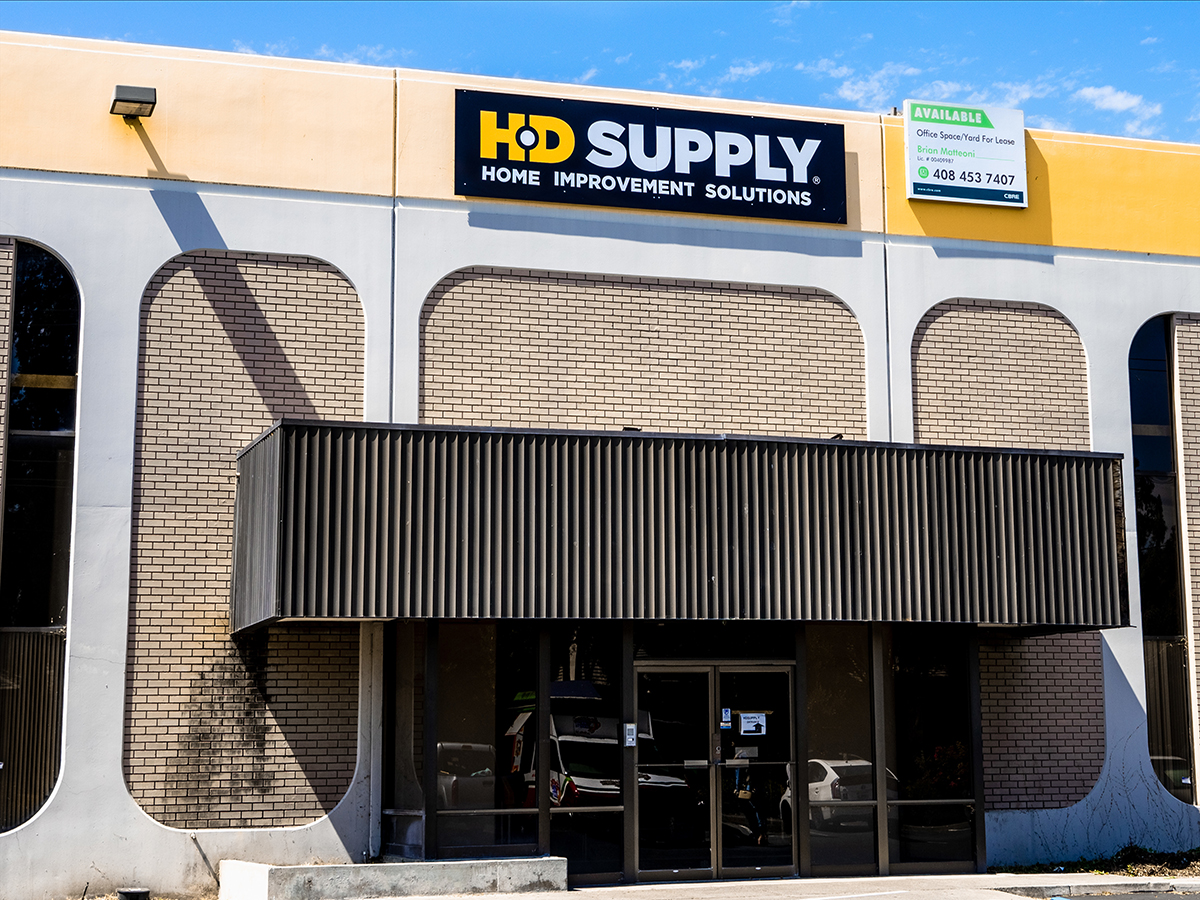Distributors should embrace a digital transformation of their business sooner rather than later, Larry Davis, then CEO of pure industrial wholesaler AgoNow, told attendees at MDM’s recent Digital Distributor Summit.
Why? Fifty-one percent of business-to-business commerce happens digitally now, he said. Last year, $5 billion of business-to-business commerce went through electronic data interchange (EDI) software, added Davis, who is now president of Fairmont Supply.
There’s a lot of back-office savings that come from digitizing, but some distributors have technical capability gaps, Davis said in his presentation, Digitize Your Customer Journey Map to Compete in a Digital World. “We have to address those capability gaps in a strategic way,” he said.
Manufacturers are doing 70% of their business online, and distributors are doing 40% of their business online, Davis said. Fifty-six percent of distributors say they are underway with a digital transformation. “Manufacturers are far ahead of us, and they are getting the productivity that we haven’t been able to get to. It’s critical for us to close that gap. It’s an opportunity for us, and we should expect our partners to help us get there,” Davis said of distributors.
Key Takeaways
1. It’s a mistake to wait to start your company’s digital transformation. “You don’t have to run and be crazy and bet the business, but you have to move. The earlier you move, the more options you have, the more bets you can make, smaller ones, and you can learn from them. The later you wait, the bigger the bets and the less likely that you will be successful,” Davis said.
2. Don’t lose sight of operational excellence as you digitize your business. “Stay focused on your strategic plan and execute it extremely well because, if you don’t do that, nothing else matters. Digital transformation doesn’t replace your core business needs,” such as procurement, Davis said.
3. Find ways to add value for your end user that you didn’t have before. “Right now, we have to begin significant operational improvement. The customer experience that we deliver today will not work tomorrow. In fact, it doesn’t really work today, right? We have to get better operationally and deliver a more consistent customer experience. Embrace the digital transformation. Accelerate your learning about the customer. How are they buying? How often do they buy?” Davis said.
4. Customers want to buy from you online. They expect better prices and better transparency when they buy online, so the stakes are higher, Davis explained. This is especially true for millennials and the next generation, Gen Z. “Millennials and Gen Z’s are much less likely to forgive you if you let them down and don’t communicate, so it’s not only your processes and living up to those expectations, it’s do you communicate well if you make a mistake?” Davis noted.
5. Selling online isn’t something you do once, and it’s over. It’s a continual process that requires constantly improving productivity. Your hiring and training should support the digital skills that your company will need in the future. “You’re going to have to recruit, grow and retain diverse digital talent,” Davis says. “All talent will have to be digital. You can’t let somebody sit in the corner and not participate.”
Related Posts
-
Materially changing market conditions caused by the COVID-19 pandemic have impacted the companys previously announced…
-
A sense of urgency in developing or enhancing a digital strategy for your business could…
-
While the COVID-19 pandemic has slowed M&A to a crawl in distribution and most sectors,…




